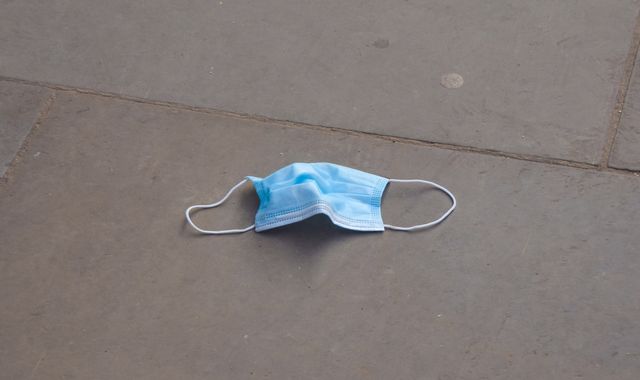Chemical watchdog OPCW backs UK findings as it confirms novichok poisoned Sergei Skripal
Written by News on 12/04/2018
Independent chemical weapons scientists have confirmed that “high purity” novichok was used in the attempted murder of former Russian spy Sergei Skripal and his daughter Yulia.

Tests carried out by experts from the Organisation for the Prohibition of Chemical Weapons (OPCW) showed the nerve agent was found in environmental samples collected in Salisbury.
Blood tests also revealed that the chemical was found in blood samples taken from the Skripals and Detective Sergeant Nick Bailey, the police officer who first attended the scene.
The report from the OPCW says the chemical was “high purity” with a complete absence of contaminants.
Foreign Secretary Boris Johnson described the results as “conclusive”.
“There can be no doubt what was used and there remains no alternative explanation about who was responsible – only Russia has the means, motive and record,” he said.
Foreign ministry spokesperson Maria Zakharova said Russia would not believe any conclusions about the poisoning unless it was given access to the investigation, and said the allegations were part of a British operation to discredit Russia.
The tests were carried out by four independent laboratories affiliated with OPCW and samples were transported under a “full chain of custody”, the report said.
:: Nerve agent attack shows ‘how reckless Russia can be’
It did not name novichok directly but said: “The results of the analysis by the OPCW designated laboratories of environmental and biomedical samples collected by the OPCW team confirms the findings of the United Kingdom relating to the identity of the toxic chemical that was used in Salisbury and severely injured three people.”
Previous tests by military experts at the Porton Down laboratories in Wiltshire found that novichok, one of a group of deadly chemical compounds developed by the Soviet government in the 1970s and 1980s, was used in the poisoning.
Russia has strongly denied both involvement in the poisoning and any production of novichok, challenging the UK assessment that the chemical was to blame.
The OPCW was tasked with identifying the chemical, not with attributing its origin or ascertaining blame for the poisoning. Russia earlier this month lost a bid to be included in the watchdog’s investigation.
Responding to the report, Britain called a session of the OPCW to discuss next steps.
“We will now work tirelessly with our partners to help stamp out the grotesque use of weapons of this kind,” Boris Johnson said in his statement.
“The Kremlin must give answers. We must, as a world community, stand up for the rules based order which keeps us all safe. The use of weapons of this kind can never be justified, and must be ended.”
More than a month after the pair were found unconscious on a bench in Salisbury, Yulia Skripal has been discharged from hospital and her father Sergei is no longer in a critical condition.
(c) Sky News 2018: Chemical watchdog OPCW backs UK findings as it confirms novichok poisoned Sergei Skripal






